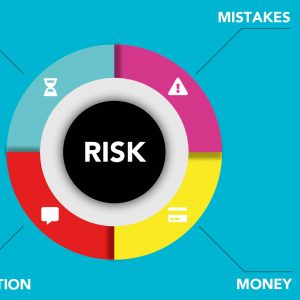Description
In this course, “Basics of Audit and Assurance,” you will gain a comprehensive understanding of the fundamental principles and practices involved in the field of audit and assurance. This course serves as a solid foundation for aspiring auditors or professionals seeking to enhance their knowledge in this critical area of financial accountability.
Starting with an introduction, you will explore the key concepts and objectives of audit and assurance, laying the groundwork for the subsequent modules. Delving deeper, you will examine the rights, duties, and responsibilities of auditors, understanding their crucial role in ensuring transparency, integrity, and compliance with financial regulations.
With a focus on audit planning, you will learn the systematic approach to organizing and preparing for an audit engagement. From establishing the scope and objectives to assessing risks and designing audit procedures, you will develop the skills necessary to effectively plan and execute audits.
Understanding the significance of audit evidence, you will explore the methods and techniques used to gather, evaluate, and document evidence during the audit process. You will gain insights into the reliability and sufficiency of various types of evidence, enabling you to make informed decisions and draw accurate conclusions.
Moving on to audit testing, you will delve into the methodologies employed to assess the effectiveness of internal controls and identify potential risks and errors. Through practical examples and case studies, you will learn how to design and perform audit tests that provide assurance over the financial statements and processes under review.
Finally, you will focus on the audit of the sales cycle and debtors, understanding the specific considerations and procedures involved in examining the revenue generation process and the associated debtor accounts. You will gain insights into the key control objectives and audit procedures applied to ensure accuracy, completeness, and validity in the sales and debtors’ records.
By the end of this course, you will have acquired a solid understanding of the basics of audit and assurance, equipping you with the knowledge and skills necessary to embark on a career in auditing or enhance your existing professional expertise. Whether you aspire to work in public accounting, internal audit, or financial management, the knowledge gained in this course will contribute to your ability to ensure financial integrity, mitigate risks, and uphold the highest standards of financial accountability.








